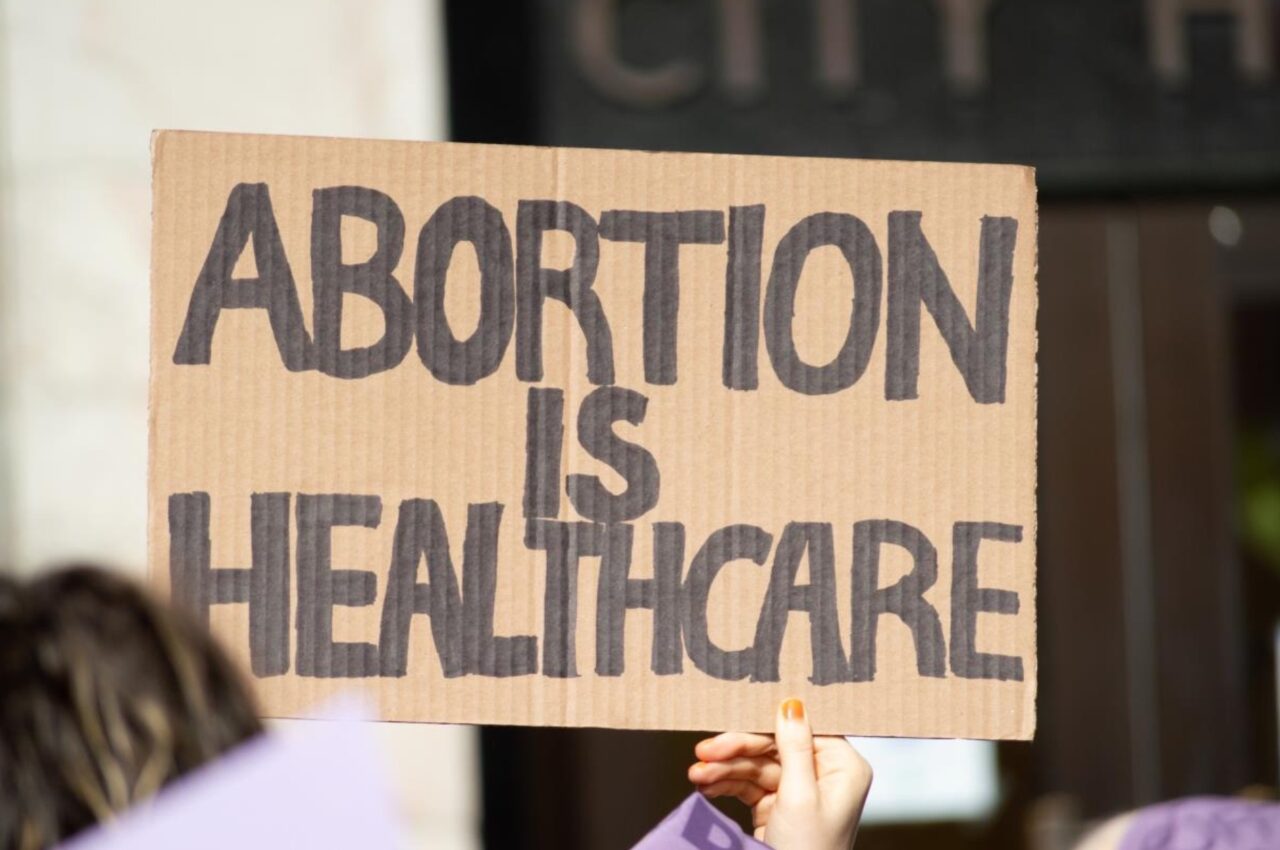Poll: Trump & A National Abortion Ban
This Navigator Research report contains polling data on the latest perceptions of abortion rights in the country, including how Americans view former President Donald Trump’s stance on abortion and whether they believe he would sign a national abortion ban into law.
An overwhelming majority of Americans believe Trump would sign a national abortion ban into law.
By a 25-point margin, a majority of Americans believe Trump would sign a national abortion ban into law rather than veto it (net -25; 26 percent would veto a federal abortion ban – 51 percent would sign into law a federal abortion ban), including independents by 30 points (19 percent veto – 49 percent sign into law).
The share of independents who believe Trump would sign a nationwide abortion ban into law has increased 7 points since April 2024 (from 42 percent then to 49 percent now) while Democrats remain unchanged in their belief that Trump would enact a national abortion ban (from 72 percent then to 73 percent now).
There has been a 4-point decline in the share who say he would sign a ban into law (from 55 percent in April to 51 percent now), a shift coming solely from Republicans (from 40 percent believing he would sign a ban into law to just 28 percent now).
Two in three Americans perceive Trump’s stance on abortion is that he believes it should be illegal in all or most cases (66 percent), nearly identical to when asked in April (65 percent). There has been an increase in the share of Democrats (from 74 percent then to 78 percent now) and independents (from 47 percent then to 56 percent now) who say Trump’s stance on abortion is that it should be illegal in all or most cases, while the share of Republicans who believe the same has decreased by 5 points (from 60 percent to 55 percent now).
A majority of Americans continue to trust the Democratic Party more to handle abortion than the Republican Party.
By a 25-point margin, a majority of Americans say they trust the Democratic Party to handle the issue of abortion (56 percent) over the Republican Party (31 percent). The Democratic Party is more trusted to handle the issue of abortion by more than nine in ten Democrats (93 percent), a plurality of independents (47 percent Democratic Party – 13 percent Republican Party), and even one in five Republicans (19 percent Democratic Party – 67 percent Republican Party).
A plurality of Americans also trust the Democratic Party over the Republican Party to handle “protecting freedom” by 6 points (48 percent Democratic Party – 42 percent Republican Party) and “protecting your freedoms” by 5 points (47 percent Democratic Party – 42 percent Republican Party).
Americans overwhelmingly say abortion should be legal in all or most cases (64 percent), including 88 percent of Democrats, 54 percent of independents, and 42 percent of Republicans. Americans across racial demographics also believe abortion should be legal in all or most cases, including 79 percent of Black Americans, 73 percent of Hispanic Americans, 70 percent of Asian Americans and Pacific Islanders, and 61 percent of white Americans. Just 32 percent say abortion should be illegal in all or most cases.



